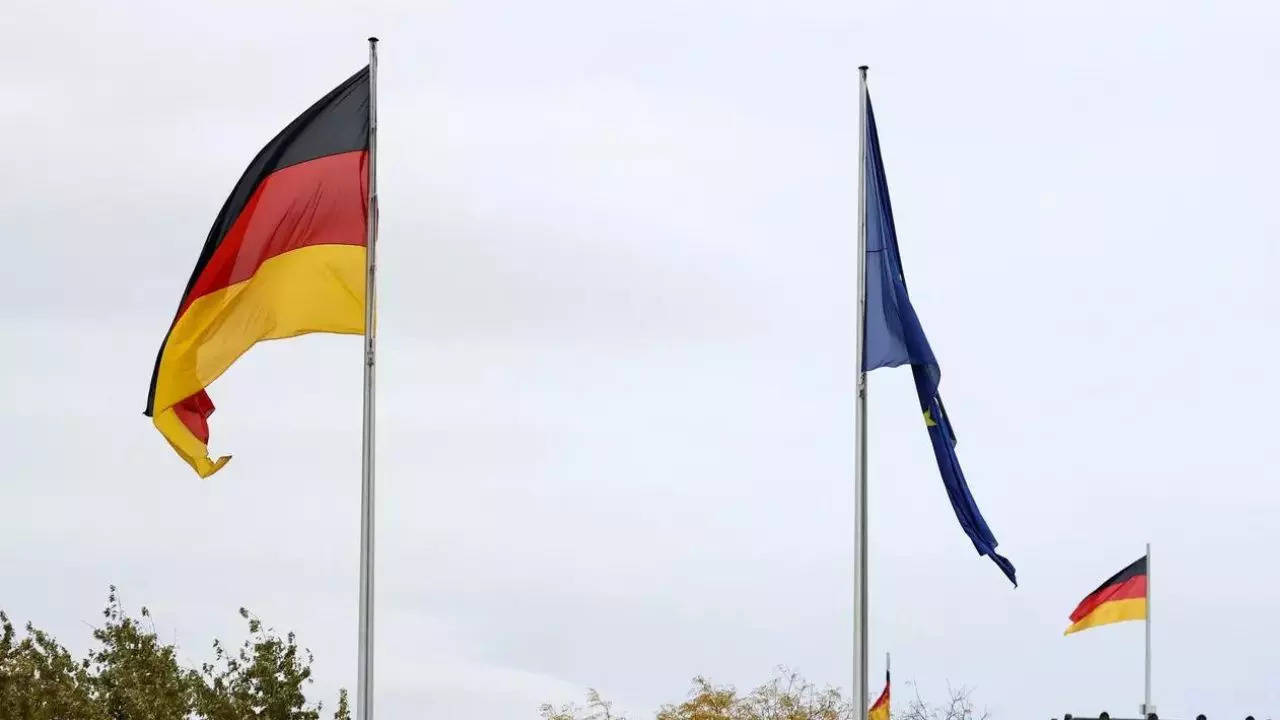MUMBAI: Germany has eased requirements for non-EU nationals, particularly those with needed skills to gain employment permits.
As of November 18, rewritten legislation in Germany makes it easier for people from outside the EU who wish to live and work in the country, states a press release issued by the Germany Trade & Invest (GTAI), the government agency for international business promotion.
Under the new Skilled Immigration Act and the new EU Blue Card, people with a university degree and a job offer only have to make around EUR 43,800 a year to qualify for a residence permit for employment. The minimum earnings for those in certain professions where the need for skilled labor is greatest (for instance, STEM disciplines) must only earn around EUR 39,683.
Specialists in the Information Technology field do not have to possess a university degree, if they can show they have three years of professional experience. Permanent residence permits can be granted after as little as 21 months, if candidates learn German.
The press release quoted Robert Hermann, CEO at GTAI as stating, “These legislative changes will make it easier for international companies working in Germany to recruit the top-quality employees they need. It’s an example of the government ensuring German competitiveness amid global bottlenecks of skilled labor in key sectors.”
As of November 18, rewritten legislation in Germany makes it easier for people from outside the EU who wish to live and work in the country, states a press release issued by the Germany Trade & Invest (GTAI), the government agency for international business promotion.
Under the new Skilled Immigration Act and the new EU Blue Card, people with a university degree and a job offer only have to make around EUR 43,800 a year to qualify for a residence permit for employment. The minimum earnings for those in certain professions where the need for skilled labor is greatest (for instance, STEM disciplines) must only earn around EUR 39,683.
Specialists in the Information Technology field do not have to possess a university degree, if they can show they have three years of professional experience. Permanent residence permits can be granted after as little as 21 months, if candidates learn German.
The press release quoted Robert Hermann, CEO at GTAI as stating, “These legislative changes will make it easier for international companies working in Germany to recruit the top-quality employees they need. It’s an example of the government ensuring German competitiveness amid global bottlenecks of skilled labor in key sectors.”
Denial of responsibility! News Continue is an automatic aggregator of the all world’s media. In each content, the hyperlink to the primary source is specified. All trademarks belong to their rightful owners, all materials to their authors. If you are the owner of the content and do not want us to publish your materials, please contact us by email – [email protected]. The content will be deleted within 24 hours.


